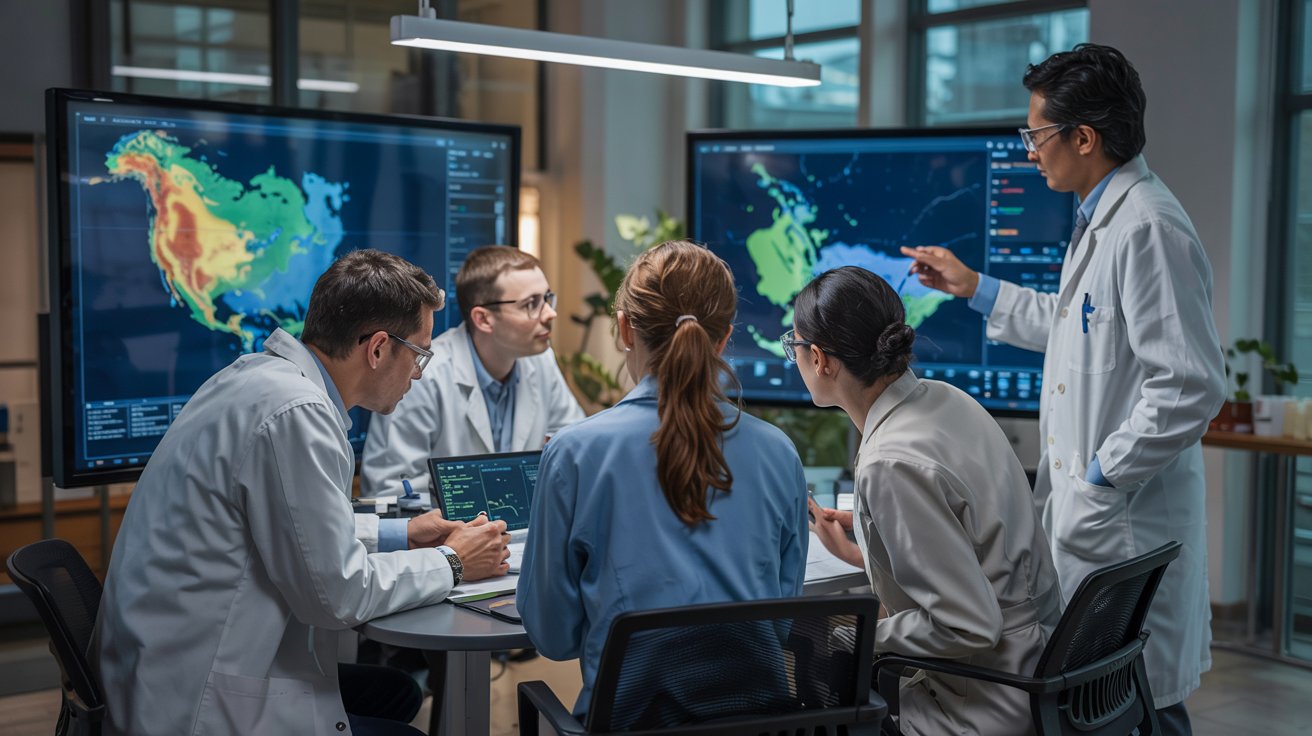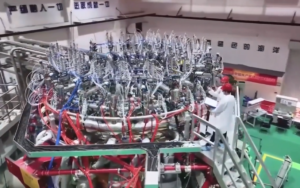U.S. Scientists Mobilize to Secure Representation in Global Climate Reports
American scientists are taking proactive steps to ensure strong U.S. representation in global climate reports, despite governmental challenges. The recent formation of the U.S. Academic Alliance for the IPCC (USAA-IPCC) is a direct response to concerns about the country’s declining influence in the Intergovernmental Panel on Climate Change’s (IPCC) global climate assessments.
Why U.S. Scientists Are Fighting for Global Climate Representation
The Intergovernmental Panel on Climate Change (IPCC) plays a crucial role in assessing climate science and providing governments with reliable information for decision-making. However, without a strong U.S. presence in these assessments, there is a risk that American research may not be adequately considered. The U.S. has historically been at the forefront of climate science, producing groundbreaking research that influences global climate policies.
Key Concerns:
- The exclusion of U.S. experts could lead to gaps in critical climate reports.
- Reduced influence means the U.S. may not have a say in future climate action policies.
- Political instability has created uncertainty regarding participation in global climate discussions.
U.S. Scientists Form Alliance to Stay in Global Climate Reports
The USAA-IPCC, hosted by the American Geophysical Union (AGU), includes prestigious institutions such as Princeton University, Yale University, and the Woods Hole Oceanographic Institution. This coalition provides a structured pathway for American scientists to continue contributing to the IPCC, even in the face of political uncertainty.
How the Alliance Works:
- Nominations & Support: Scientists can apply to become authors and review editors for the IPCC’s Seventh Assessment Report (AR7).
- Research Collaboration: The alliance enables better networking and collaboration between scientists from different universities and organizations.
- Funding & Resources: Provides financial support for participation in IPCC activities.
Why U.S. Representation in the IPCC Matters
The IPCC plays a pivotal role in shaping climate policies worldwide. Countries rely on these assessments to develop regulations, adaptation strategies, and mitigation efforts. Without a strong U.S. presence, there’s concern that scientific advancements and policy recommendations from American institutions may not be adequately represented in global decisions.
Comparison: U.S. Climate Science Impact Before & After Limited IPCC Involvement
| Aspect | Before Limited IPCC Involvement | After Limited IPCC Involvement |
|---|---|---|
| Influence on Policies | High – U.S. research was central | Reduced – Limited say in policy-making |
| Funding for Climate Research | Strong financial support | Decreased federal support |
| Global Collaboration | Strong partnerships | Potential isolation |
| Public Trust in Science | High | Declining |
Governmental Barriers and Their Impact
The Trump administration previously restricted federal scientists from contributing to IPCC reports, raising concerns about the long-term impact on global climate leadership. While the Biden administration has reinstated participation, there are lingering challenges, including funding limitations and bureaucratic hurdles that make it difficult for scientists to engage fully.
Current Challenges:
- Funding Restrictions: Many climate programs still face budget cuts despite renewed participation.
- Political Instability: Future administrations may reverse policies again.
- Bureaucratic Hurdles: Scientists face delays in getting approval for international collaborations.
Proactive Measures Taken by Scientists
Determined not to let political setbacks hinder progress, American scientists are working independently to contribute to IPCC reports. Organizations such as the USAA-IPCC provide resources, networking opportunities, and funding to ensure continued participation.
Steps Taken:
- Independent U.S. scientists continue to collaborate with the IPCC.
- Research institutions are allocating private funding to support climate work.
- Scientists are publishing reports outside of government restrictions to ensure continued data sharing.
The Future of U.S. Climate Science on the Global Stage
While political dynamics may shift, the resilience of American scientists in contributing to global climate science remains unwavering. With independent coalitions, continued advocacy, and institutional support, U.S. researchers are set to maintain their influence in shaping climate policies worldwide.
What’s Next?
- The USAA-IPCC will continue its efforts to nominate American scientists.
- Institutions may seek international funding to bypass domestic restrictions.
- Greater emphasis will be placed on digital and open-access climate research.
Final Thoughts
With proactive initiatives like the USAA-IPCC, American scientists are ensuring that their voices remain integral in global climate discussions. Despite political shifts, their determination and collective efforts continue to shape the future of climate science. This unwavering commitment ensures that U.S. research remains a cornerstone of international climate policy.
By maintaining an active role in the IPCC and forming independent coalitions, U.S. scientists are not just reacting to challenges but taking a leading role in shaping climate solutions. The global scientific community benefits from their contributions, making it essential that their voices remain in these critical climate discussions.





